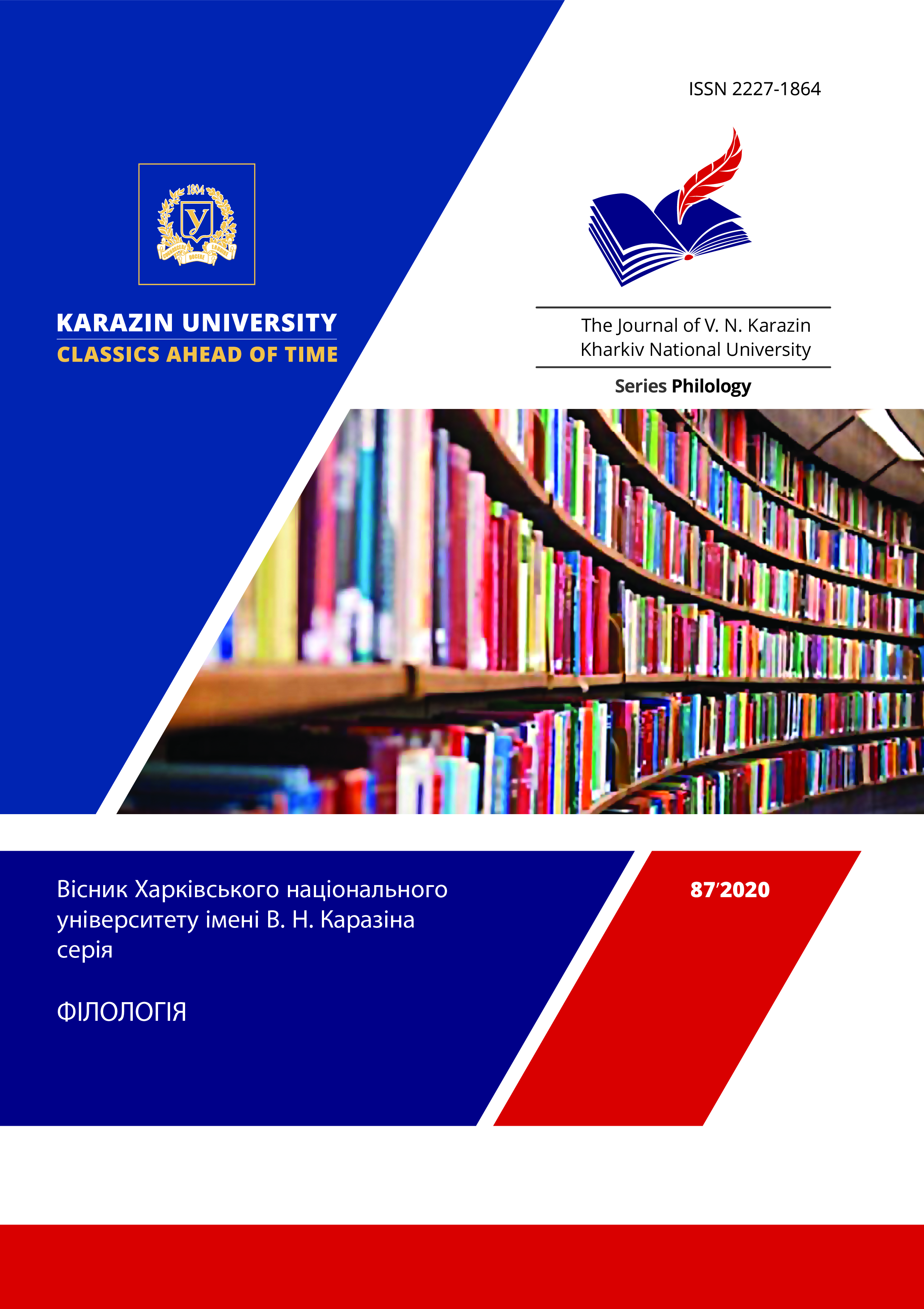About the crisis in teaching communicative disciplines
Abstract
A number of dangerous tendencies that generate turbulence of social relations lead to active desocialization of people. Among these tendencies are: leading role of pragmatics, transformation of the ideal of culture; “spirit of haste”, modification of communicative and ethical norms, digital addiction, digital dementia, digital autism, problems connected with the ecology of language and culture, destruction of the desire to obtain the cultural values, etc. All of these factors restrict, destroy and, eventually, make impossible the most important form of human interaction − communication. The effectiveness of communication is ensured, in particular, by the amount of knowledge provided by the so-called communicative disciplines. Knowledge of the linguistic norms and general rules of communication guarantees its success and, thus, on the one hand, meets the high requirements of the communicative competence of a modern person, and on the other hand, actively allows to resist the aforecited dangerous social tendencies. This determines the priority of communicative disciplines in modern education, in particular, practical stylistics and culture of speech. The article debunks the stereotypes about communicative disciplines as “secondary” row ones; demonstrates the multidirectionality of these ideas and modern educational requirements, which are formed as “the request of the modern time”. Specific measures are outlined to actualize the teaching of practical stylistics and culture of speech in modern educational programs.
An attempt is made to draw the attention of the philological community to the crisis in teaching communicative disciplines and its possible consequences.
Downloads
References
Averincev S. Popytki ob'jasnit'sja. Besedy o kul'ture. Moskva: Pravda, 1988. 48 s. URL: https://www.gumer.info/bibliotek_Buks/Literat/aver/pop_ob.php (data zvernennia: 27.10.2020).
Kul'tura russkoj rechi. Uchebnik dlja vuzov / pod red. prof. L. K. Graudinoj i prof. E. N. Shirjaeva. Moskva: Norma, 2000. 560 s.
Osnovy kul'tury rechi: Metodicheskie ukazanija k kursu / sost. A. N. Chernjakov. Kaliningrad: Kaliningr. un-t, 1998. 32 s.
Standart vy`shhoyi osvity` special`nosti Filologiya pershogo (bakalavrs`kogo) rivnya vy`shhoyi osvity`. URL: https://drive.google.com/file/d/17JUIxzLwLW5evPj5eVDzw3ToqwR-2LX8/view (data zvernennia: 27.10.2020).
Hazagerov G. G. Problema jazykovoj normy v svjazi s ponjatiem «krasivogo», «vozvyshennogo» i «jeffektivnogo». URL: http://www.khazagerov.com/culture-of-speech/98-norma-problem (data zvernennia: 27.10.2020).
Jepshtejn M. Konstruktivnyj potencial gumanitarnyh nauk. URL: http://www.intelros.ru/subject/figures/mixail-yepshtejn/11279-konstruktivnyj-potencial-gumanitarnyx-nauk-mogut-li-oni-izmenyat-to-chto-izuchayut.html (data zvernennia: 27.10.2020).




